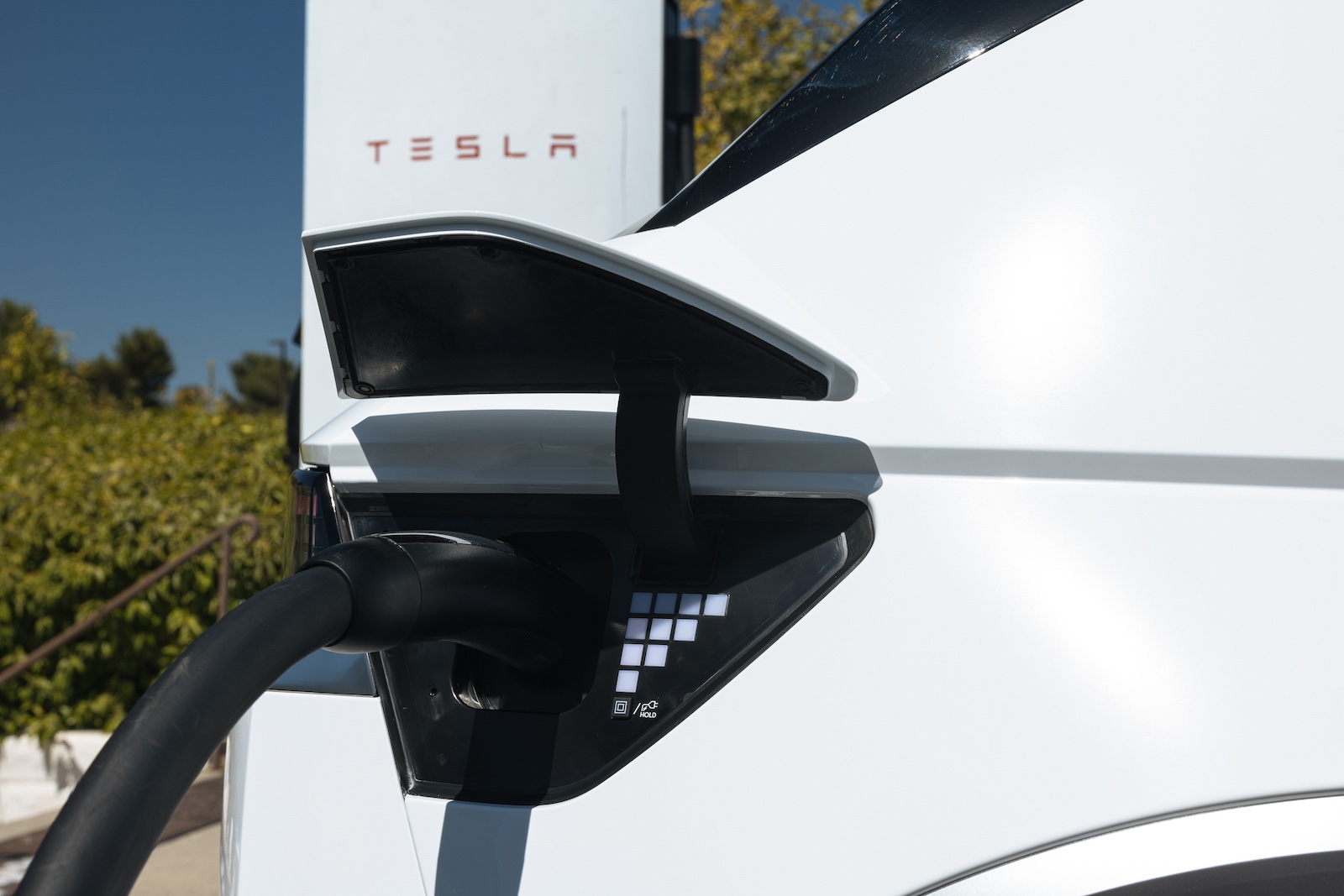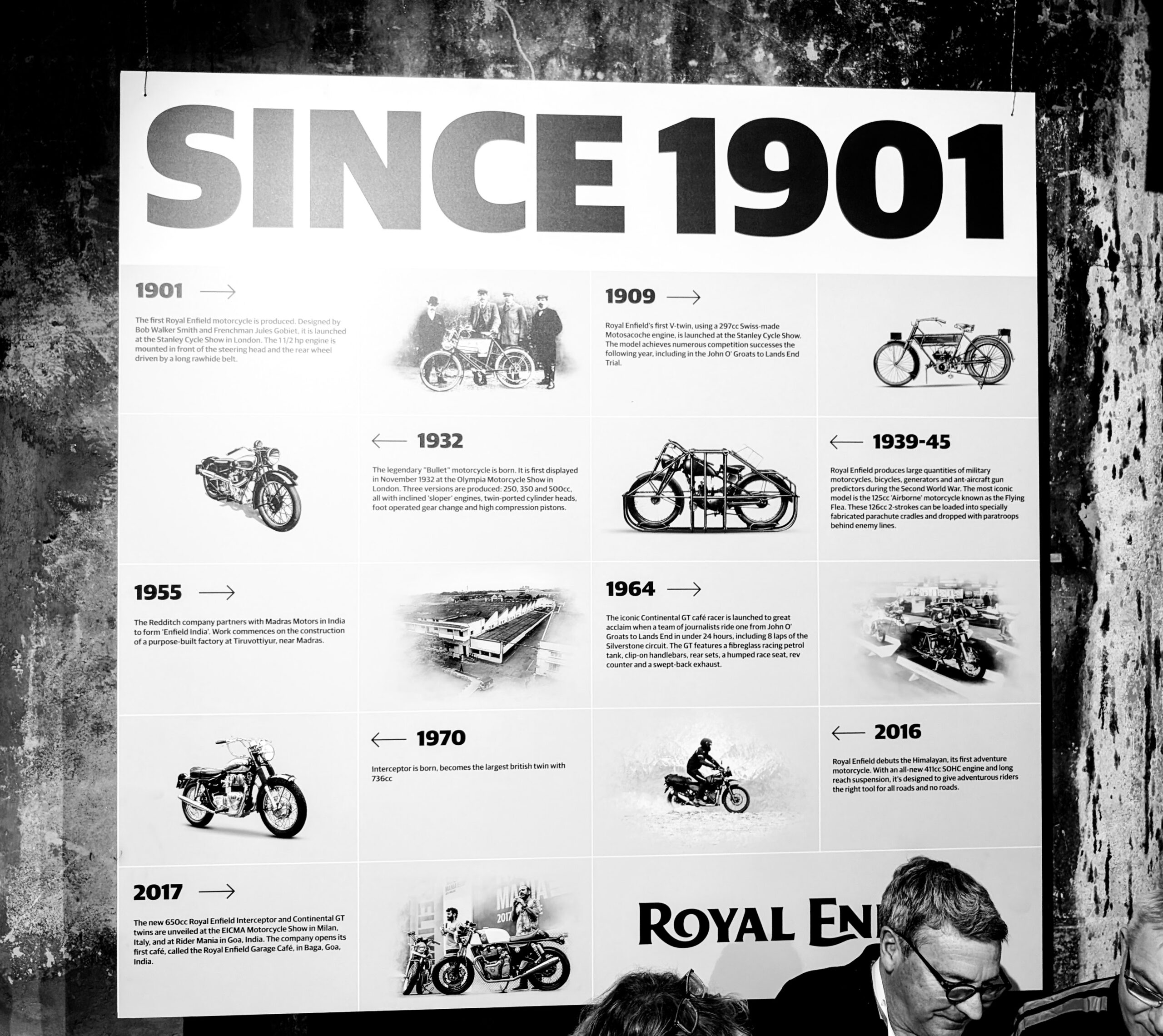Sign up for daily news updates from CleanTechnica on email. Or follow us on Google News!
Many years ago, Volkswagen painted itself into a corner by promising its workers in Germany that once they started working for the company, they would always have a job. At the time, other automakers, especially in the United States, routinely laid off their workers for weeks, months, or longer as the demand for new cars fluctuated. The “we’re all one big family” pledge has become a bedrock principle in the relationship between Volkswagen and the people who build its cars and trucks. It didn’t always mean workers would be employed at the same factories. It was understood that some might have to transfer to other factories in Germany, but there was a guarantee they would be employed somewhere and that led to a general feeling of germutlichkeit between the company and its workers.
Then two weeks ago, Volkswagen created an earthquake within the company when it announced that the policy of perpetual employment was no longer operative. “We are short around 500,000 car sales a year,” Volkswagen CFO Arno Antlitz told employees at a meeting in Wolfsburg. That is the equivalent of production from two factories. “It’s not to do with our product or poor performance. The market is simply not there any more.” He gave the company “one or two years” to turn the situation around.
Experts estimate that the company has about 20,000 employees too many. Oliver Blume told the employees the company had been living beyond its means and has been drawing an estimated €1.5 billion annually from its cash flow for the past 15 years. Things will have to change, he said. Sometimes there is a kindly relative who will step in to pay for extras, such as a new television. The profits from sales in China have been fulfilling that role for years, he said.
Daniela Cavallo, head of the works council representing the company’s 120,000 employees in Germany, was unmoved. “We are the Volkswagen family and a family leaves no one behind,” she said, while promising “bitter resistance” to the company’s austerity mandate. “We will not tolerate being liquidated.” Strikes are rare in the company’s history but cannot be ruled out, she added. “A crisis at Volkswagen is a crisis for Germany. Our factory locations are the drivers of whole regions,” Cavallo said. The situation has enormous political implications. The German state of Lower Saxony is one of the largest investors in Volkswagen and home to its headquarters in Wolfsburg,
Carsten Brzeski, head economist at the Dutch global financial institution ING, told German media, “The car industry remains the most important sector in Germany and Volkswagen is the alpha male. When the giant wobbles, then everything wobbles.” Some blame the government for the company’s predicament, saying it has pushed a green agenda which has led to a slump in domestic car sales and a rise in energy prices. They say it has failed to deliver on promises to slash bureaucracy and that it hurt German manufacturers of electric cars like Volkswagen by abruptly halting a subsidy program at the end of last year.
That is certainly part of the picture, but another piece of the puzzle is that customers in China have developed a preference for domestic brands. Once, foreign brands like Volkswagen, Mercedes, BMW, Buick, and Ford were in high demand, but not any more. Those foreign companies thought the gravy train would go on forever. They didn’t count on the rapid rise of domestic manufacturers like BYD, which now claims a 20 percent market share in the Chinese new car market.
Time To Pay The Piper At Volkswagen
Now it is two weeks since Volkswagen dropped its bombshell and the time has come to begin the painful negotiations about how the company will trim costs to deal with the economic situation it finds itself in. It began negotiating with the unions over a wide range of cost cuts on Wednesday, with tensions between the two sides higher than they’ve been in years, according to Bloomberg.
The talks center on Volkswagen’s plan to close factories in Germany for the first time after it backed away from its decades long job protection policy earlier this month. The IG Metall union has vowed to fight those plans, threatening strikes that could paralyze Europe’s biggest carmaker for weeks. “There will be no talks about factory closures and mass layoffs with us,” said Thorsten Gröger, the union’s lead negotiator. If Volkswagen sticks to its cutback plans, then “tens of thousands of colleagues will force the company back on the right track.”
The dispute is a major test for Chief Executive Officer Oliver Blume. Prior clashes with the company’s powerful unions pushed aside his predecessor, Herbert Diess. Blume has warned that costs in Germany are too high as sales wane and Chinese manufacturers push into Europe. Volkswagen has also lost momentum in the key Asian market, where homegrown brands dominate the electric car landscape.
The first round of talks will take place in Hanover, where hundreds of union members gathered on Wednesday, many carrying flags and blowing whistles. Both sides are still far apart, with IG Metall demanding a 7% wage hike for industrial workers. Labor leaders have said that employees shouldn’t have to suffer for management blunders, including VW’s poor performance in the US.
Blume’s main target is the underperforming Volkswagen brand (not to be confused with Volkswagen Group, which owns almost a dozen other brands, such as Audi, Porsche, and MAN), whose profit margins are getting squeezed amid a sputtering transition to electric cars and a consumer spending slowdown. The company could force through decisions on plant closures this year, paving the way for cutting more than 15,000 jobs, analysts at Jefferies said earlier this month. The carmaker is eyeing closing two to three facilities, with as many as five German sites under consideration, the analysts said,
Earlier this month, Volkswagen got an early taste of the wrath triggered by its cutback plans, with thousands of workers shouting down managers at the company’s Wolfsburg factory, which is Europe’s largest. Executives lamented flagging sales that have left it with about two plants too many. Job cuts at the company are harder to push through than at other companies. Half the seats on its supervisory board are held by labor representatives, and the German state of Lower Saxony — which owns a 20 percent stake in the company — often sides with trade unions.
“Volkswagen needs solutions now,” Stephan Weil, Lower Saxony premier and a supervisory board member, said Wednesday. Making the carmaker competitive “is the basis for long-term economic success and secure jobs.” Strikes could start as soon as December 1, when a grace period between Volkswagen and the union runs out.
The Takeaway
It is somewhat unfair to suggest that Volkswagen management has been asleep at the wheel and is solely responsible for changes in the auto industry. Predicting the future is tricky business, especially when altering course can mean tens of billions of dollars in investments to build new factories and supply chains. Few could have predicted the massive global disruptions caused by the latest pandemic and the war on Ukraine. In addition, few countries have been willing to make the massive investments in electric vehicle technology that China has made. My colleague Michael Barnard recently slammed Ford CEO Jim Farley for a similar lack of leadership, but the truth is, electric cars and trucks have been a powerful disruptive force in the auto industry, one we have said many times could see any number for car companies fail and pass from the scene.
Creative destruction is one of the major tenants of capitalism, but that doesn’t mean it is not painful for those caught up in it. What we are seeing at Volkswagen may be just the tip of the iceberg for the global car industry, which is already dealing with a drop in demand in many mature markets. There are storm clouds gathering on the horizon. Some will not survive the coming maelstrom.

Have a tip for CleanTechnica? Want to advertise? Want to suggest a guest for our CleanTech Talk podcast? Contact us here.
Latest CleanTechnica.TV Videos
CleanTechnica uses affiliate links. See our policy here.
CleanTechnica’s Comment Policy





